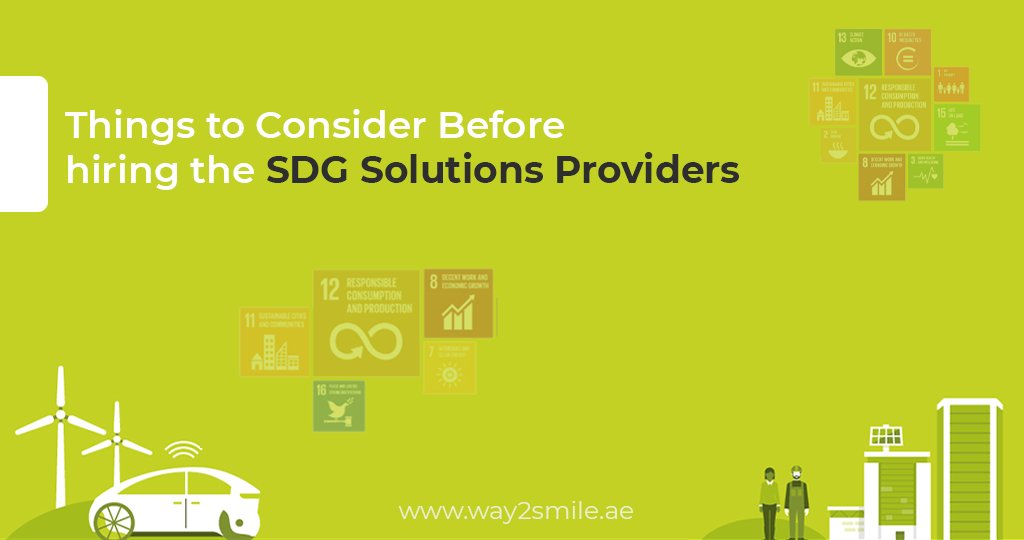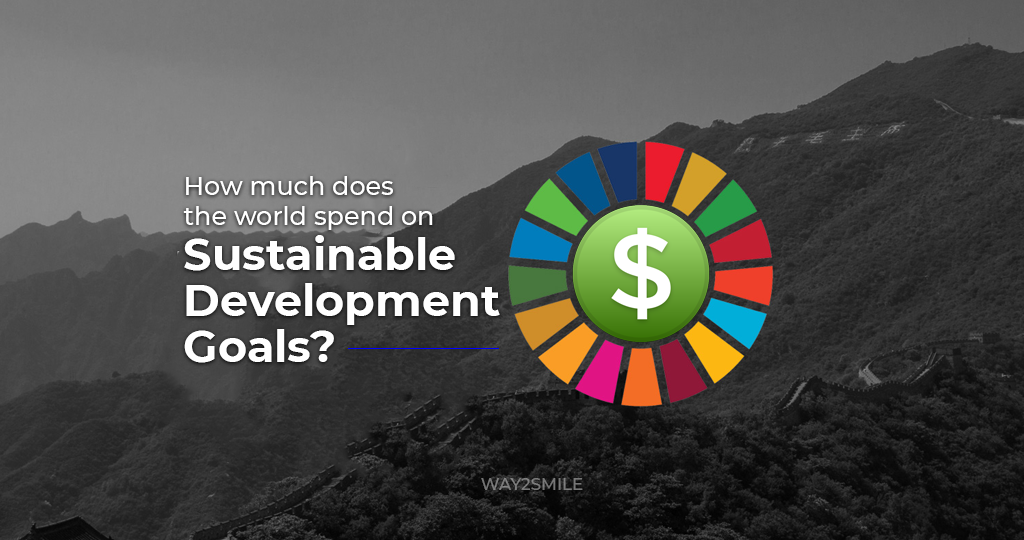Middle East enterprises are increasingly recognizing the importance of adopting sustainable growth frameworks. As the region undergoes rapid economic development and faces various environmental and social challenges, businesses are realizing the need to balance profitability with responsible and ethical practices. In this article, we will get into sustainable growth frameworks tailored for enterprises operating in the Middle East.
Key Takeaways
Middle East businesses should diversify beyond oil, investing in renewable energy, tech, and tourism.
Corporate Social Responsibility builds positive relationships by engaging in philanthropy and eco-friendly practices.
Invest in green technologies and innovation to lead in the emerging green economy.
Scrutinize suppliers for fair practices to protect reputations and align with global standards.
Prioritize employee health, development, and diversity for a committed and innovative workforce.
What is a Sustainable Growth Framework?
A Sustainable Growth Framework is a strategic approach that enables businesses to achieve long-term growth while balancing economic prosperity, environmental responsibility, and social impact. It involves integrating sustainable practices into core business strategies, including economic diversification, environmental stewardship, and social responsibility. This framework emphasizes ethical decision-making, innovation in green technologies, and adherence to regulatory standards. By adopting a Sustainable Growth Framework, enterprises aim to create value not only for shareholders but also for the broader community and the planet, ensuring their operations align with principles of sustainability and contribute positively to both local and global ecosystems.
Sustainable Growth Pillars for Middle East Enterprises
1. Economic Diversification
The Middle East has traditionally been reliant on oil and gas revenues, but there is a growing awareness of the need for economic diversification. Enterprises can embrace sustainable growth by investing in sectors such as renewable energy, technology, and tourism. Governments in the region are actively promoting economic diversification, creating opportunities for businesses to align their growth strategies with broader national agendas.
2. Corporate Social Responsibility (CSR)
CSR is gaining prominence across the globe, and the Middle East is no exception. Enterprises can contribute to sustainable development by engaging in socially responsible initiatives. This includes philanthropy, community development projects, and environmentally friendly practices. By integrating CSR into their core values, businesses can build positive relationships with local communities and enhance their brand reputation.
3. Green Technologies and Innovation
Sustainable growth frameworks in the Middle East should incorporate green technologies and innovation. Enterprises can invest in research and development to create environmentally friendly products and processes. This not only addresses environmental concerns but also positions businesses as leaders in the emerging green economy. Governments in the region are offering incentives for companies that embrace sustainable technologies, creating a conducive environment for innovation.
4. Circular Economy Practices
Adopting a circular economy model can significantly contribute to sustainable growth. Enterprises can focus on reducing waste, recycling, and reusing resources in their operations. This approach not only minimizes environmental impact but also helps in cost reduction and improved efficiency. Implementing circular economy practices requires a shift in mindset, but the long-term benefits make it a worthwhile investment for businesses in the Middle East.
5. Ethical Supply Chain Management
Enterprises in the Middle East can enhance their sustainability by ensuring ethical supply chain management. This involves scrutinizing suppliers for fair labor practices, environmental responsibility, and ethical conduct. A transparent and ethical supply chain not only aligns with global sustainability goals but also mitigates risks associated with reputation damage due to unethical practices.
6. Employee Well-being and Diversity
Fostering a workplace culture that prioritizes employee well-being and diversity is crucial for sustainable growth. Enterprises should invest in employee development, health, and work-life balance. Embracing diversity and inclusion not only contributes to social sustainability but also enhances creativity and innovation within the organization. A satisfied and diverse workforce is more likely to be committed to the company's long-term goals.
7. Regulatory Compliance and Standards
Keeping yourselves updated and complying with changing environmental and social regulations is fundamental for sustainable growth. Enterprises in the Middle East should stay informed about international standards and best practices. Proactively aligning with regulations demonstrates a commitment to responsible business practices and minimizes the risk of legal issues that could impede long-term growth
Conclusion
The Middle East is witnessing a huge shift in business practices as enterprises recognize the importance of sustainable growth. Economic diversification, corporate social responsibility, green technologies, circular economy practices, ethical supply chain management, employee well-being, and regulatory compliance are key pillars of sustainable growth frameworks for businesses in the region. By integrating these principles into their operations, enterprises can not only contribute to the overall well-being of the Middle East but also position themselves as leaders in the global movement towards sustainable business practices. Way2Smile Solutions, a leading software development company in Dubai, exemplifies these principles. Through eco-friendly practices, employee-centric initiatives, and ethical supply chain management, we not only showcase a commitment to sustainability but also serve as a model for responsible business in the Middle Eastern market.







